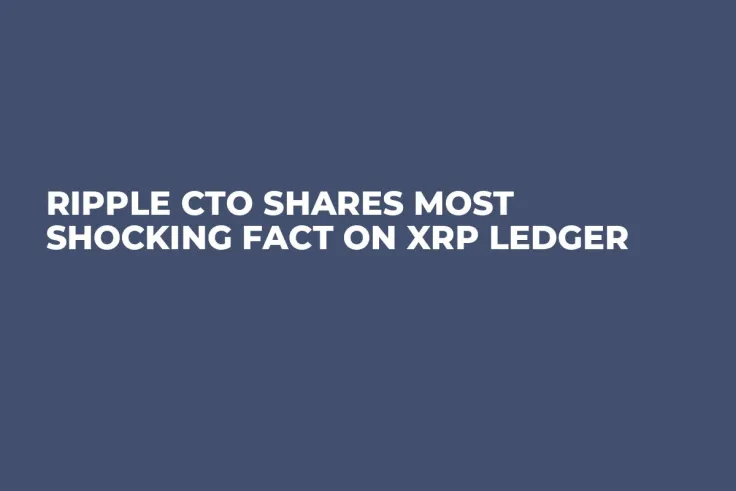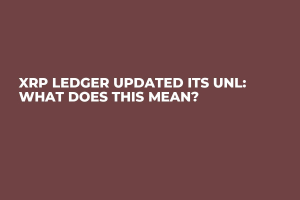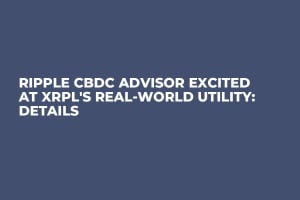
Disclaimer: The opinions expressed by our writers are their own and do not represent the views of U.Today. The financial and market information provided on U.Today is intended for informational purposes only. U.Today is not liable for any financial losses incurred while trading cryptocurrencies. Conduct your own research by contacting financial experts before making any investment decisions. We believe that all content is accurate as of the date of publication, but certain offers mentioned may no longer be available.
Ripple CTO David Schwartz has responded to a recent XRP Ledger decentralization debate on Twitter.
There are two things you might care about. One is the system's rules (what transactions are allowed and what they do) and the other is the system's operation (censorship resistance, stability in the face of attacks).
— David "JoelKatz" Schwartz (@JoelKatz) August 3, 2023
When it comes to rules, nobody can coerce any participant to…
A Twitter user named "Jorge Stolfi" had made claims that the state of XRP Ledger (XRPL) was decided by nodes on Ripple's UNL. He also claimed that removing Ripple nodes might cause the network to collapse.
In a throwback, XRPL updated its list in October 2022. Two Ripple validators were removed from the list, and one Ripple validator was added in their place.
The Ripple-operated validators are currently at 2 out of 35, in keeping with the reduction of numerous validators by any entity.
XRPL easier to fork?
Having said that, the CTO of Ripple reveals what could be significant information about the XRP Ledger. Schwartz, who has been working on XRP Ledger since 2011, is in the best position to comment on the system's setup.
He listed two major key setups of a network system in his response: the first is the system rules, which is what transactions are allowed and what they do; and the second is the system's operation, which refers to censorship resistance and stability in the face of attacks.
In the case of XRPL, nobody can force any participant to accept any rules with which they disagree.
Schwartz highlighted a shocking fact: XRPL is significantly easier to fork than PoW or PoS blockchains since its security is not based on the value of the token.
Despite this, unlike Bitcoin, which has seen hard forks in the past, XRP hard forks do not exist.
XRPL easier to halt?
When it comes to operation, censorship resistance is reinforced by every node in the XRPL design, according to Schwartz. The Ripple CTO adds another alarming fact: XRPL's design is weaker than many other blockchains in terms of resistance to attacks.
He added that halting XRPL is probably easier than most other public blockchains, adding that while it is probably still difficult enough, there is not much to worry about.
Schwartz adds that this continues to be a network strength because attacks that would produce a monetary loss on other blockchains (such as a reorganization on PoW systems) halt the system on XRPL, which is likely preferable.
That said, XRPL has been up and running for over 11 years without any major halts and has never been hacked.



 Dan Burgin
Dan Burgin Vladislav Sopov
Vladislav Sopov